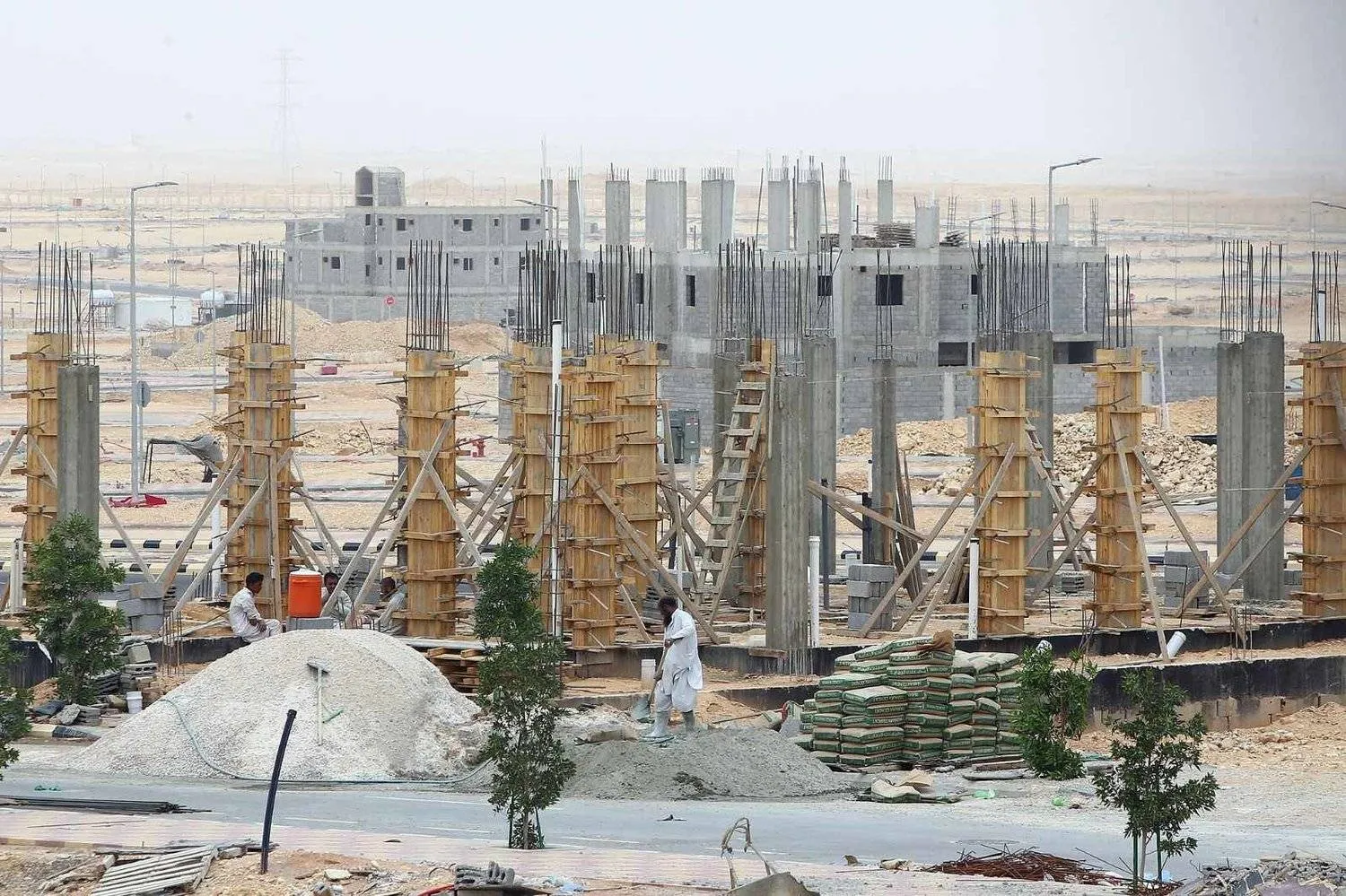The profits of real estate sector companies in Saudi Arabia jumped by 153 percent during the first nine months of 2023, compared to the same period last year, due to the growth of real estate and the major development projects implemented by the Saudi government and the private sector.
Real estate sector companies achieved an increase in their profitability during the third quarter of 2023, amounting to SAR 1.35 billion ($367.5 million) over the same period last year, after achieving consolidated profits amounting to SAR 2.23 billion ($602.1 million), compared to profits amounting to SAR 883.16 million ($238.4 million) in the same period of 2022.
The combined net profits of real estate companies listed on the Saudi Tadawul main market increased by 84.39 percent during the third quarter of 2023 on an annual basis, while 13 companies listed in the sector achieved combined profits amounting to SAR 971.04 million, compared to profits of SAR 526.64 million in the third quarter of 2022.
Real estate sector companies continued to record profitability on a quarterly basis. Their profits increased by 44.58 percent during the third quarter of 2023 compared to the second quarter of the same year, reaching SAR 671.61 million.
In sales volume and revenues, real estate sector companies recorded an increase by 13.99 percent, reaching SAR 3.29 billion, compared to SAR 2.89 billion in the same quarter of last year. Revenues in the first nine months of 2023 also increased by 9.99 percent. The companies achieved sales and revenues worth more than SAR 9.94 billion in the first nine months of 2023, compared to SAR 9.04 billion in the same period last year.










